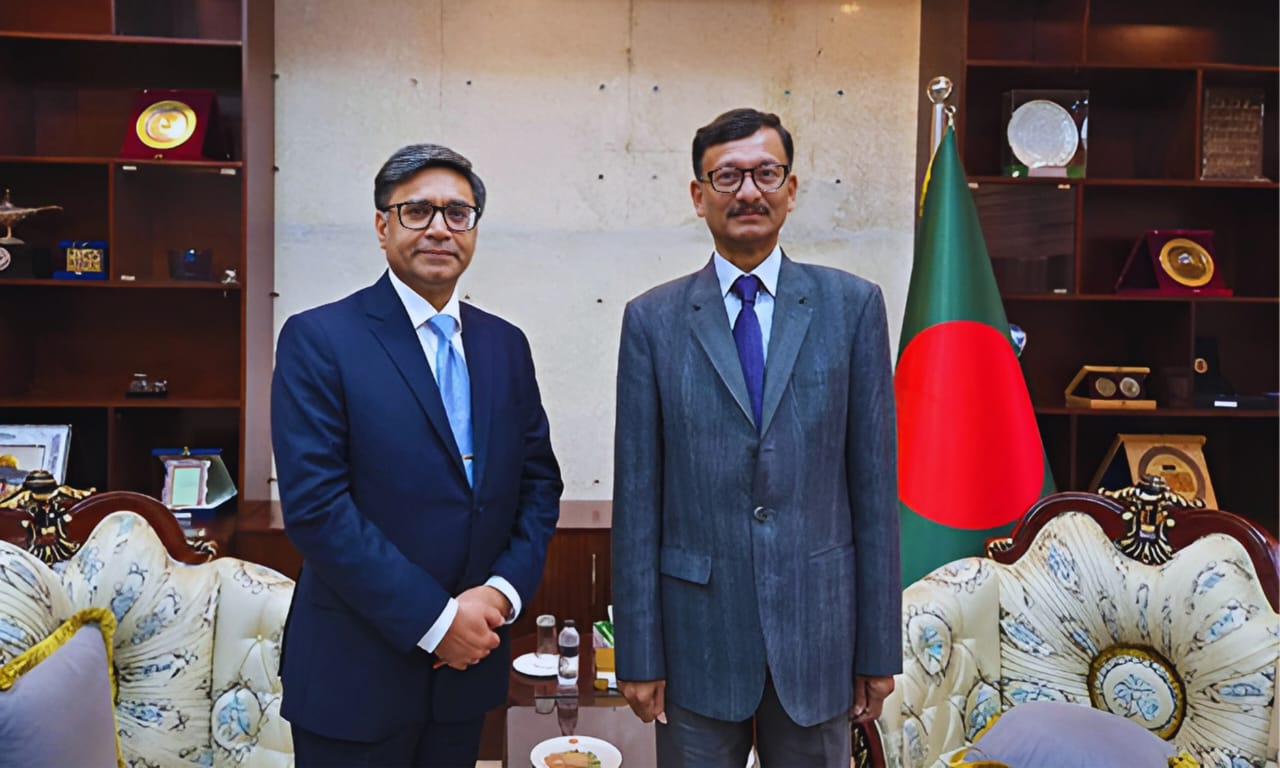FSSAI asks FBOs to remove ‘100% fruit juice’ claim

The Food Safety and Standards Authority of India (FSSAI) has asked food business operators (FBOs) to remove any claim of ‘100% fruit juices’ from the labels and advertisements of reconstituted fruit juices with an immediate effect.
Inaccurate Marketing Practices
FSSAI has identified that several FBOs have been inaccurately promoting their reconstituted fruit juices as ‘100% fruit juices’. This practice has been found misleading, as the primary ingredient, fruit juice, is often present only in limited concentrations, while the major component is water. These juices are typically made by reconstituting water with fruit concentrates or pulp, which does not align with the ‘100% fruit juice’ claim.
Regulatory Examination and Compliance
Upon thorough examination, FSSAI has concluded that such claims do not comply with the Food Safety and Standards (Advertising and Claims) Regulations, 2018. The regulations do not support a ‘100% fruit juice’ claim for reconstituted products. As per the directive, FBOs are required to adhere strictly to the standards specified under sub-regulation 2.3.6 of the Food Safety and Standards (Food Products Standards & Food Additives) Regulation, 2011.
This regulation mandates that products must be labelled according to the Food Safety and Standards (Labelling and Display) Regulations, 2020. Specifically, the ingredient list must include the term “reconstituted” against the name of the juice made from concentrate. Furthermore, if the juice contains more than 15 gm/kg of added nutritive sweeteners, it must be labelled as ‘sweetened juice’.
Compliance Deadline
FBOs have been instructed to exhaust all existing pre-printed packaging materials by September 1, 2024. This deadline provides a clear timeframe for businesses to comply with the new labelling requirements and ensure that their packaging reflects accurate product information.
The Role of FSSAI
Established under the Food Safety and Standards Act, 2006, the FSSAI consolidates various acts and orders previously managed by different ministries and departments to address food-related issues comprehensively. Operating under the Ministry of Health and Family Welfare, the FSSAI is a statutory body responsible for setting scientific standards for food articles and regulating their manufacture, storage, distribution, sale, and import to ensure the availability of safe and wholesome food for human consumption.
Key Functions of FSSAI
The primary functions of the FSSAI include:
- Setting Regulations and Standards: Developing globally benchmarked regulations, standards, and guidelines for food safety and quality.
- Facilitating Compliance: Ensuring compliance through licensing, registration, inspection, and maintaining an improved laboratory network.
- Capacity Building: Enhancing the capacity of regulatory staff and food business operators through training and education.
- Public Health Initiatives: Driving initiatives aimed at improving public health and promoting food safety culture.
- Leveraging Communication Techniques: Utilizing Information, Education & Communication (IEC) and Behavior Change Communication (BCC) techniques to educate and inform the public and stakeholders.
- Embracing Technology: Streamlining processes through the adoption of technology to enhance efficiency and effectiveness.
- Strategic Partnerships: Forming partnerships to generate and exchange knowledge and best practices in food safety and standards.
Way Forward
The FSSAI’s directive to remove misleading ‘100% fruit juice’ claims from reconstituted juice labels reflects its commitment to ensuring food safety and protecting consumer interests. By enforcing strict compliance with labelling regulations, FSSAI aims to promote transparency and accuracy in food product information, thereby fostering a culture of trust and reliability in the food industry. As FBOs adapt to these changes, consumers can expect clearer and more accurate labelling, helping them make informed choices about the products they consume.









